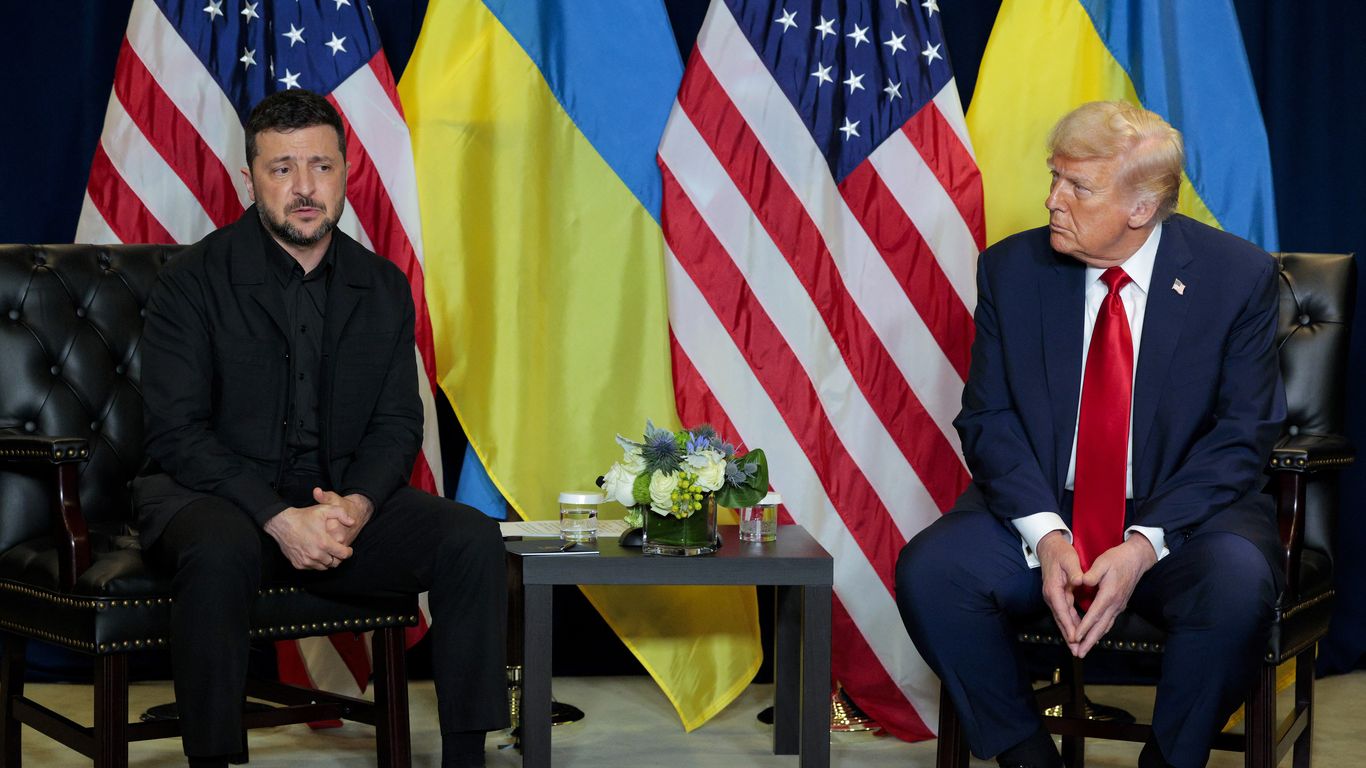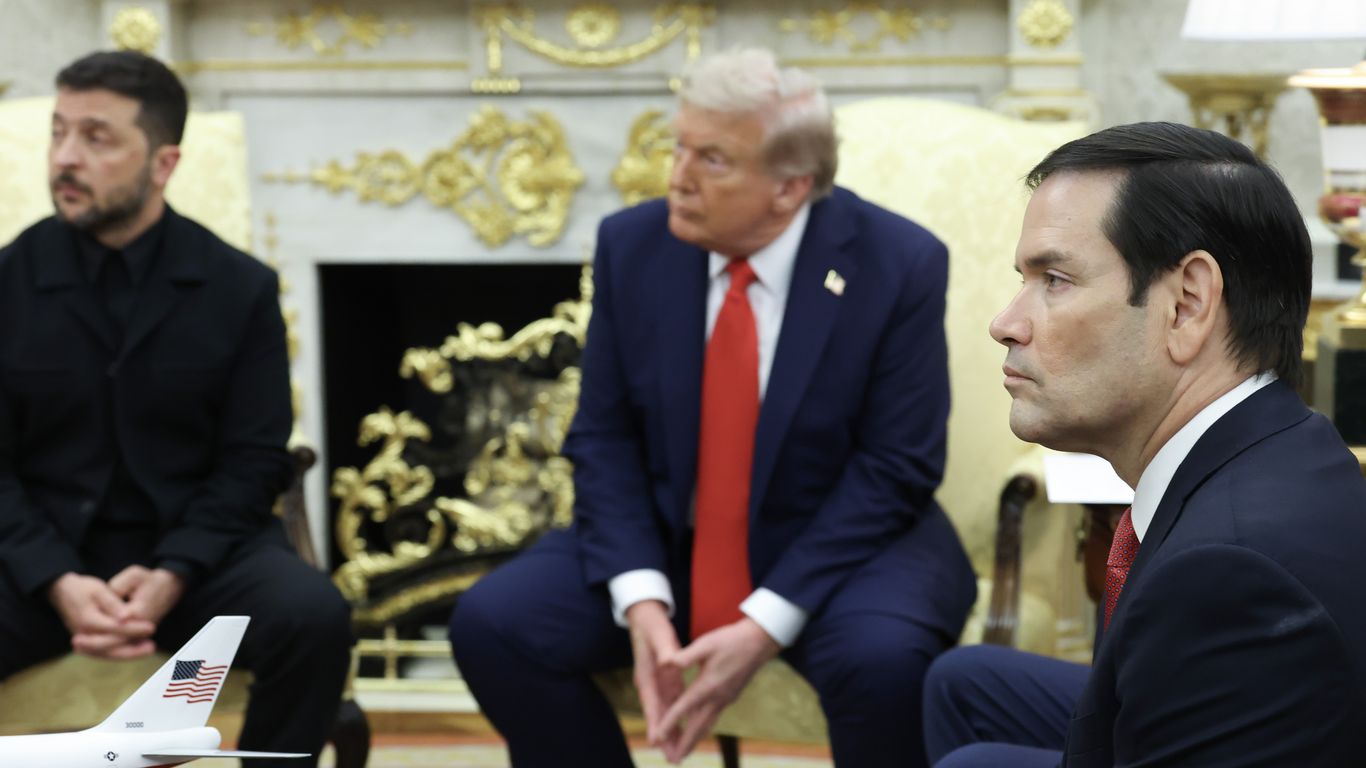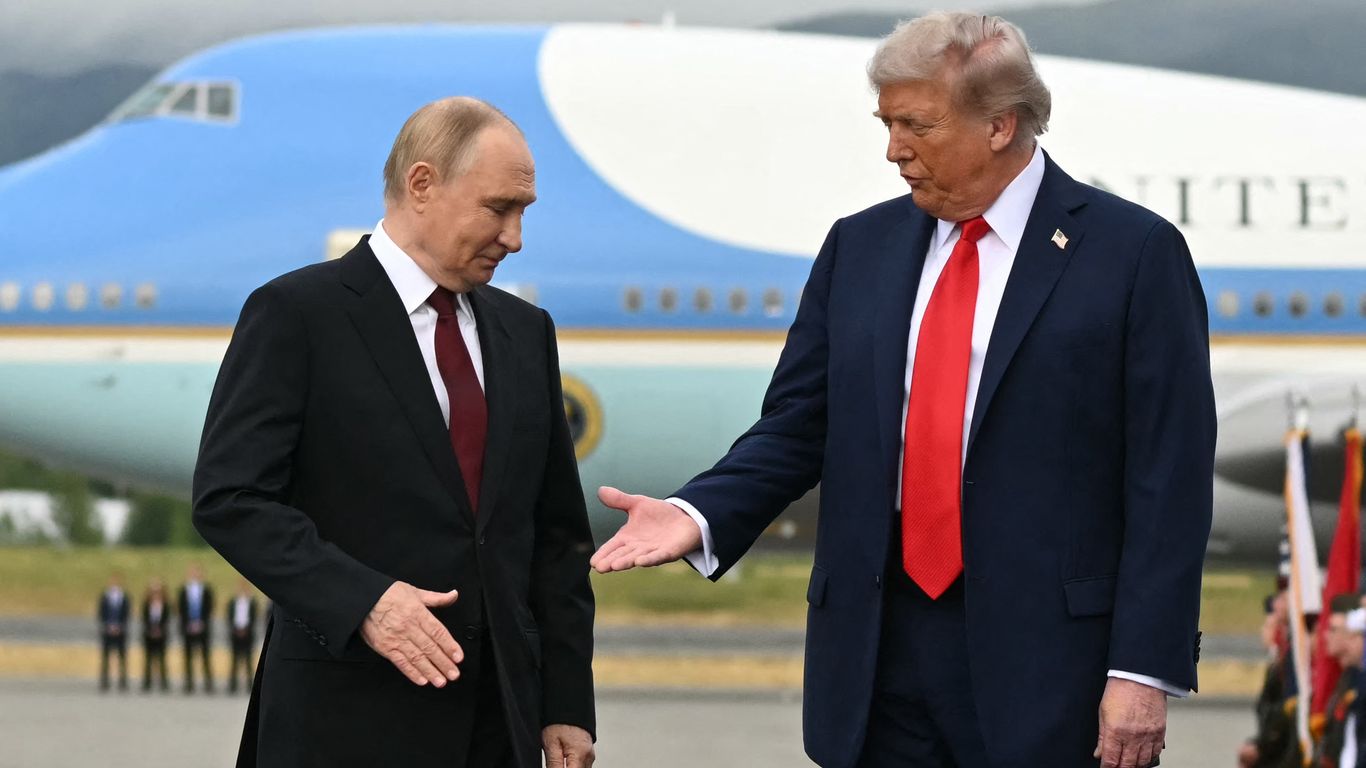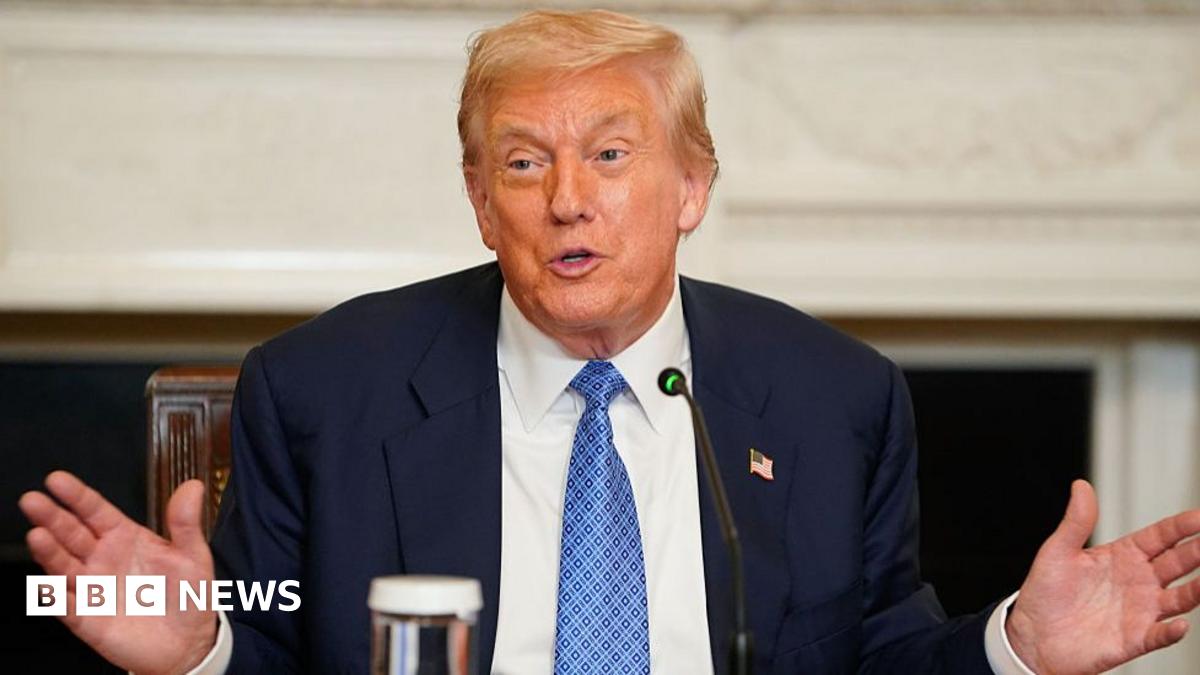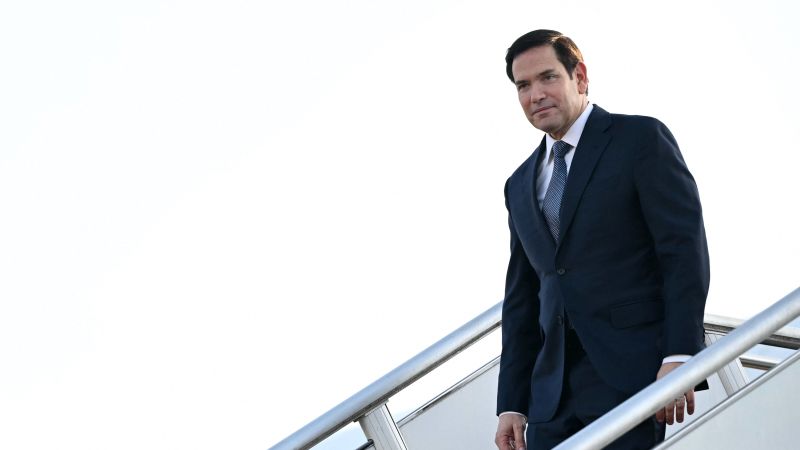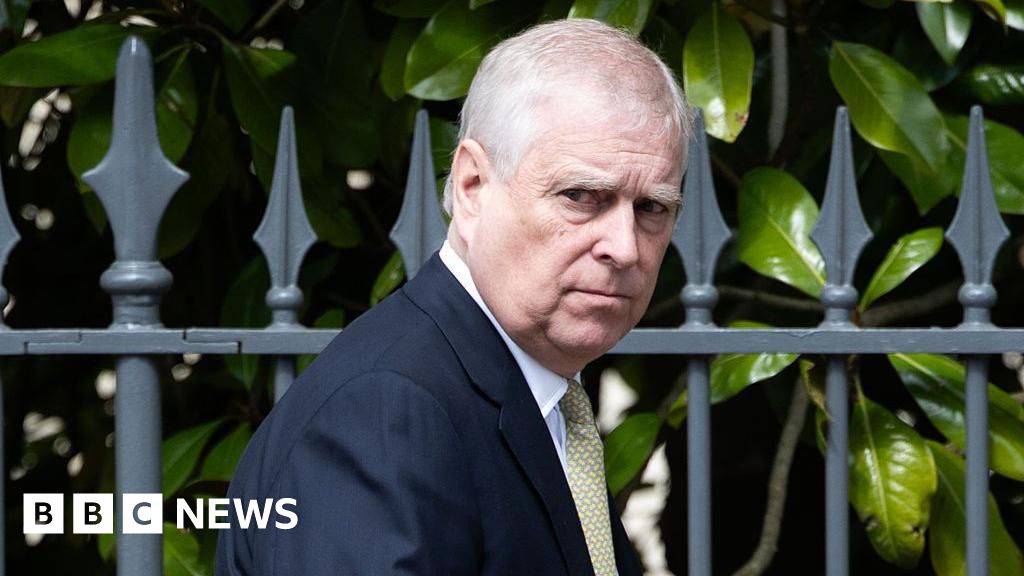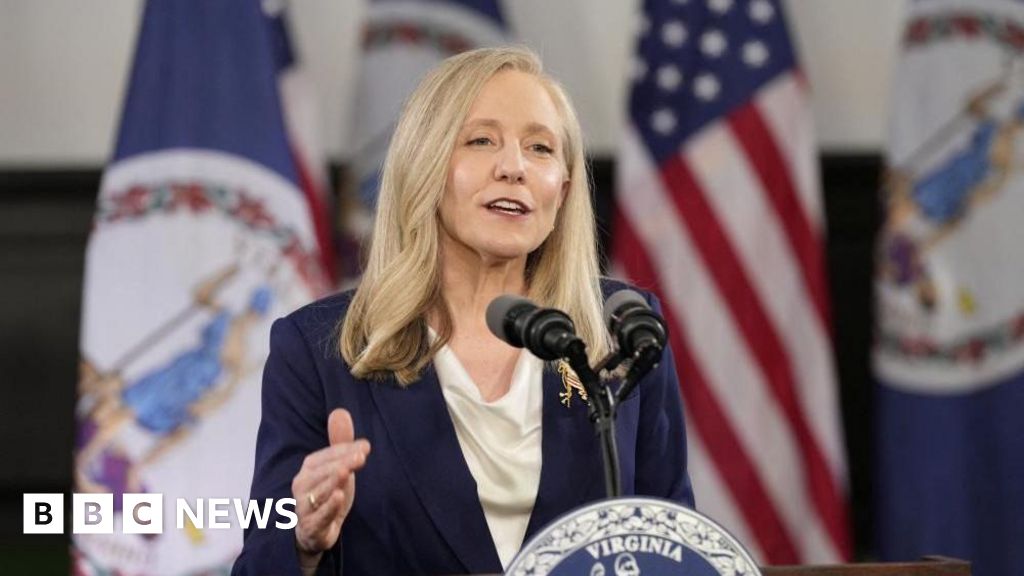The Ongoing Conflict Between Russia and Ukraine: A Diplomatic Crisis
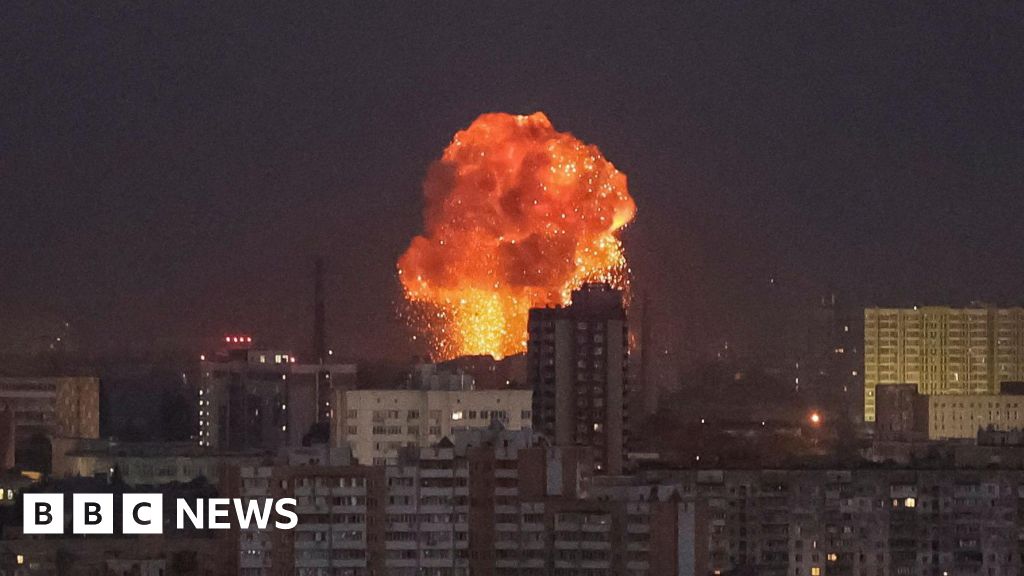
About the People Mentioned
Donald Trump
Donald John Trump, born June 14, 1946, in Queens, New York, is an American businessman, media personality, and politician. He graduated from the University of Pennsylvania’s Wharton School in 1968 with a degree in economics. In 1971, he took over his family’s real estate business, renaming it the Trump Organization, through which he expanded into building and managing skyscrapers, hotels, casinos, and golf courses. Trump gained widespread fame as the host of the reality TV show *The Apprentice* from 2004 to 2015, which helped establish his public persona as a successful entrepreneur. Trump entered politics as a Republican and was elected the 45th president of the United States, serving from 2017 to 2021. His presidency was marked by significant policy actions including tax cuts, deregulation, the appointment of three Supreme Court justices, renegotiation of trade agreements (notably replacing NAFTA with the USMCA), and a focus on immigration control including border wall expansion. He withdrew the U.S. from international agreements such as the Paris Climate Accord and the Iran nuclear deal, and engaged in a trade war with China. His administration’s response to the COVID-19 pandemic was criticized for downplaying the virus’s severity. Trump was impeached twice by the House of Representatives—first in 2019 for abuse of power and obstruction, and again in 2021 for incitement of insurrection—but was acquitted by the Senate both times. After losing the 2020 election to Joe Biden, Trump challenged the results, culminating in the January 6, 2021, Capitol riot. He remains a central figure in American politics, having won the 2024 presidential election and returned as the 47th president in 2025, continuing to promote policies aimed at economic growth, border security, and military strength[1][2][3][4].
Vladimir Putin
Vladimir Putin is the current President of Russia, a position he has held for multiple terms since 2000, with a brief interlude as Prime Minister from 2008 to 2012[1][3]. Born in Leningrad (now Saint Petersburg) in 1952, Putin began his career in the Soviet Union’s security services, joining the KGB in 1975 and rising to the rank of Lieutenant Colonel by the time he left in 1991, following postings in East Germany and Leningrad[4]. After the Soviet Union’s collapse, he transitioned into politics, serving as an adviser to Saint Petersburg Mayor Anatoly Sobchak and later moving to Moscow, where he held various administrative roles under President Boris Yeltsin[6]. Putin was appointed Prime Minister in August 1999 and became acting President when Yeltsin unexpectedly resigned that December[3][6]. He won his first presidential election in March 2000, promising to stabilize Russia’s economy and political system after the tumultuous 1990s[3][7]. During his initial terms, he centralized power, reasserted federal control over Russia’s regions, and curtailed the influence of the country’s oligarchs through legal and economic measures[7]. Putin was re-elected in 2004 but, due to constitutional term limits, stepped aside in 2008, becoming Prime Minister under his successor Dmitry Medvedev, while retaining significant influence[3]. Constitutional amendments later extended presidential terms, and Putin returned to the presidency in 2012[1]. Putin’s time in office has been marked by assertive foreign policy, including military interventions in Syria in support of President Bashar al-Assad and the 2014 annexation of Crimea, which led to international sanctions[1]. Domestically, his tenure has seen increased state control over media, the suppression of political opposition, and constitutional changes consolidating executive authority[1]. In 2022, Russia’s full-scale invasion of Ukraine triggered a major international crisis, further isolating Russia from the West and prompting widespread condemnation[1]. As of 2025, Putin remains a dominant figure in Russian politics, having secured another term in office through constitutional changes that allow him to potentially remain president until 2036[1]. His leadership continues to shape Russia’s domestic trajectory and its role in global affairs, amid ongoing conflict in Ukraine and strained relations with NATO and Western countries[1].
Volodymyr
Volodymyr Zelensky, born January 25, 1978, in Kryvyi Rih, Ukraine, is the sixth president of Ukraine, elected in 2019 after a prominent career as a comedian, actor, and producer. He graduated with a law degree from Kyiv National Economic University but gained national fame through entertainment, notably starring in the television series *Servant of the People*, where he played a schoolteacher unexpectedly elected president. This role propelled his real-life political rise, with his campaign emphasizing anti-corruption and a fresh approach to politics[1][2][4]. Zelensky was sworn in as president on May 20, 2019. Early in his presidency, he dissolved the Ukrainian parliament to secure a legislative majority, which his political party, also named *Servant of the People*, achieved in snap elections that July—the first time a single party controlled the legislature in Ukraine’s post-Soviet history[2][4]. His tenure has been defined by significant challenges, including managing the COVID-19 pandemic and confronting Russia’s full-scale invasion of Ukraine that began in February 2022. Zelensky became an emblem of Ukrainian resilience, refusing evacuation offers and rallying both national morale and international support. His leadership style combines personal courage, effective communication, and efforts to unify Ukraine's political forces amid war. Internationally, he has secured substantial military and financial aid, earning recognition such as Time Magazine’s Person of the Year in 2022[1][3]. Before presidency, Zelensky led the entertainment company KVARTAL 95, producing films, TV shows, and comedy contests, and supported Ukrainian armed forces during earlier conflicts in Donbas. He is married to Olena Zelenska and has two children[4].
About the Organizations Mentioned
Russia
Russia, officially known as the Russian Federation, is not an organization but a sovereign state and the largest country in the world by land area, spanning Eastern Europe and northern Asia. With a population of nearly 144 million as of 2025, Russia ranks ninth globally by population and is characterized by significant ethnic diversity, with over 80% identifying as ethnic Russians and numerous minority groups contributing to its cultural tapestry[4]. The capital, Moscow, is a major global city and the country’s political, economic, and technological hub. ## Historical Overview Russia’s history is marked by its transformation from the Tsarist Empire to the Soviet Union and, after its dissolution in 1991, to the present-day Russian Federation. The post-Soviet era saw Russia’s integration into the global economy, though it retained a centralized political system with power concentrated in the presidency[7]. The country’s economy, historically resource-based, relies heavily on oil, gas, and minerals, but has also developed significant industrial, technological, and military sectors. ## Economic Profile and Key Achievements Russia’s economy is the world’s twelfth-largest consumer market, with about 70% of GDP driven by domestic consumption[1]. It has a “very high” Human Development Index ranking and boasts the fifth-highest number of billionaires globally, though income inequality and regional disparities remain pronounced[1]. Major achievements include surviving extensive Western sanctions after the 2022 invasion of Ukraine, maintaining economic stability through increased military spending, and pivoting energy exports to Asia[1][5]. The country has also played a leading role in the BRICS bloc, advocating for reforms in the international financial system and promoting technological innovation among developing economies[6]. ## Current Status and Challenges As of late 2025, Russia’s economy is experiencing a pronounced slowdown, with GDP growth cooling to around 1% after robust expansion in 2023–2024[2][3]. High military expenditure (
Ukraine
## Overview Ukraine is a sovereign nation in Eastern Europe, with a population of nearly 39 million people and Kyiv as its capital[5]. Since gaining independence from the Soviet Union in 1991, Ukraine has developed a diverse, technology-oriented economy, though it remains in a transitional phase, marked by both promise and significant challenges—particularly since Russia’s full-scale invasion in February 2022[1][7]. ## History Ukraine’s modern history is a complex tapestry of striving for democratic governance, economic reform, and sovereignty. The country’s journey has been punctuated by the 2014 Euromaidan revolution, the annexation of Crimea by Russia, and the ongoing war, which has caused immense human suffering, widespread displacement, and severe damage to infrastructure[2][7]. Despite these adversities, Ukraine has maintained its independence, deepened ties with Western institutions, and pursued a path toward European integration. ## Activities and Key Achievements Ukraine’s government and civil society have shown remarkable resilience. Critical social and health services have been maintained, businesses continue to operate, and children remain in school even amid war[1]. The country has launched ambitious reforms aimed at creating a more competitive, business-friendly economy, focusing on macro-fiscal sustainability, infrastructure rebuilding, labor market activation, and reducing informality[1]. Ukraine has also made strides in technology and innovation, ranking 66th globally in the 2025 Global Innovation Index (15th among upper middle-income economies and 35th in Europe)[4]. Notable achievements include the European Union’s decision to open accession negotiations in June 2024, a milestone in Ukraine’s Euro-Atlantic integration[2]. Ukraine has also advanced its commitment to international justice, taking steps toward full membership in the International Criminal Court and winning a landmark case against Russia at the European Court of Human Rights regarding human rights abuses in Crimea[2]. ## Current Status As of late 2025, Ukraine
